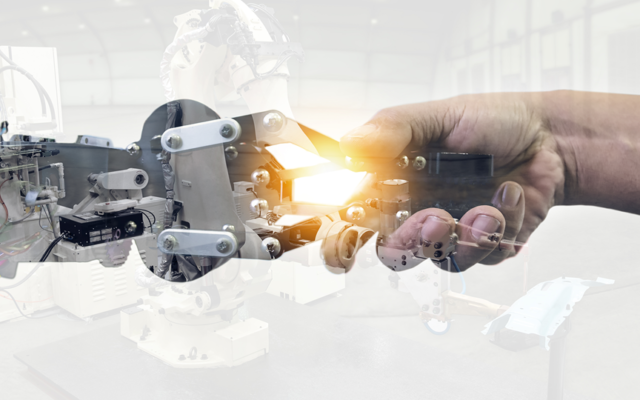Workforces are fast becoming used to the notion of having robots and automation as their fellow colleagues. A large-scale study carried out on 36,000 consumers in 18 countries found that more than 70 per cent of consumers stated that there had been an increased use in automation technology such as artificial intelligence (AI) and robotics in their workplaces.
The survey by intelligence solutions company Verint Systems, in partnership with Opinium Research, revealed that although around the world employees are becoming more comfortable with automation, the UK lags behind many countries in its outlook.
Consumers in Mexico (85 per cent), Brazil (84 per cent) and India (83 per cent) reported the highest levels of automation in the workplace. Nearly seven in 10 (69 per cent) US consumers said processes are being automated by technology, while those in Germany, Denmark and the UK (all at 61 per cent) and Sweden and Japan (both at 55 per cent) reported the lowest levels of automation.
When it came to how many workers believe technologies such as AI and robots help them to do their job more effectively, those in countries with the highest adoption of technology were more disposed to view automation in a positive light, with 76 per cent of Indians, 70 per cent of Brazilians and 65 per cent of Mexicans believing that it helps them do their job more effectively. Britons had the lowest response rate (25 per cent) behind Swedes (29 per cent), Belgians (32 per cent) and Canadians (36 per cent) while in the US, 43 per cent of respondents said technology helps them perform their jobs more effectively.
The research suggests the UK has some catching up to do. The sooner business leaders adapt to automation and accept the key role it will play, the sooner they can maximise the benefits of both humans and robots and design the optimum automated future workplace. And it isn’t only about the workplace but the customer experience too.
Trends expert James Woudhuysen, visiting professor of forecasting and innovation at London South Bank University, points out that in both developed and developing economies, customer service forms a rising share of employment and GDP. “Though organisations will automate many of today’s customer service tasks, there will be plenty of new jobs in this sector. These jobs will just be different. They’ll be more about what machines can’t do,” he says.
Woudhuysen advances the view that in 2030, direct human interaction in customer service will need “to combine wisdom with the latest soundings of the public mood”. He continues: “In this way, companies can make the right call – a feat that technology, automation and systems won’t, by themselves, ever be able to achieve.”
While he is right in the assumption it may never be possible for a machine to make the right call in the same way a human being can, they may get very close. Rialto anticipates an automated future in which humans and robots are empowered to do what they both do best: automation takes care of the routine tasks, leaving humans free to add value and enhance the face-to-face interaction with the customer.
Although this an easy line to take, in reality it is far more complex as it involves re-engineering processes and redesigning job descriptions and roles. Moreover, it is likely to involve a major transformation programme for many organisations but this work needs to begin sooner rather than later.
The fact the UK is already behind some rivals in practical terms and perception regarding automation should serve to underline the urgency. This is not to say UK leaders should panic into thinking what the workplace of tomorrow might look like, but they should certainly start preparing for it.
Article by channel:
Everything you need to know about Digital Transformation
The best articles, news and events direct to your inbox
Read more articles tagged: Featured, Future of Work







